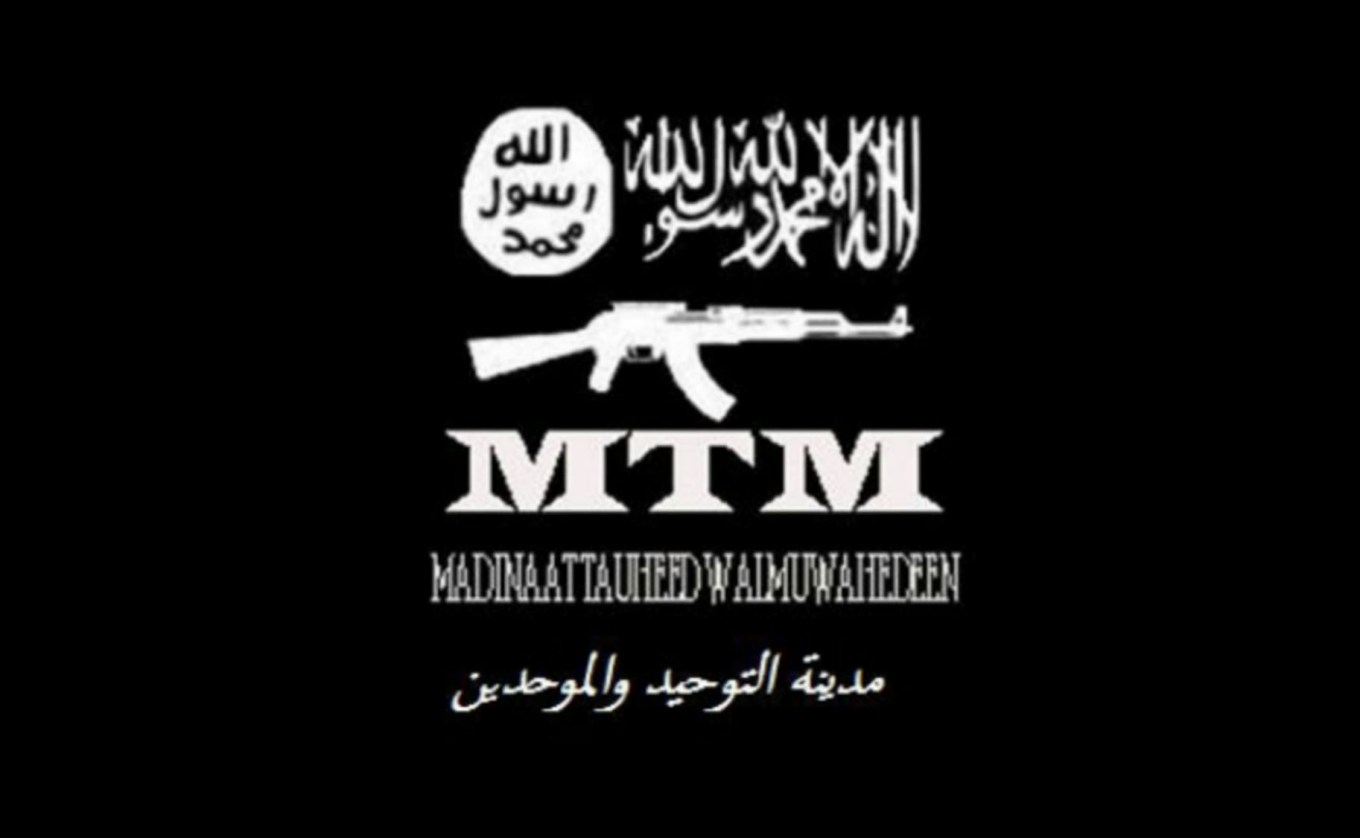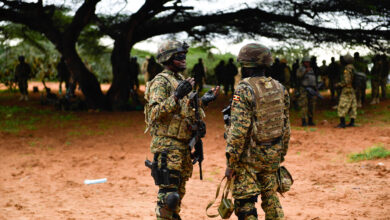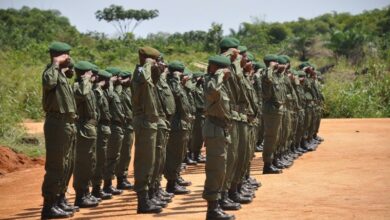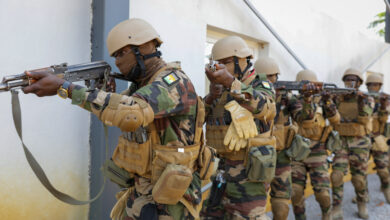Islamic State on Thursday, April 18 claimed that it killed Congolese soldiers in an attack in Kamango near the border between Democratic Republic of Congo and Uganda.
A message posted by its Amaq propaganda agency said there were Congolese army “dead and wounded” following an attack by ISIS fighters in the town of Kamango near the border.
In a later statement, ISIS said “soldiers of the Caliphate” had attacked an army base in the village of Bovata, roughly 5 km (3 miles) from Komango in Beni region, “where they clashed with small and medium weapons.” Three Congolese army soldiers were killed and five others injured, the group claimed.
If confirmed, it would be the first attack in DR Congo that ISIS central has acknowledged.
Citing U.N. peacekeeping and civil society sources, Reuters reported that two Congolese soldiers and a civilian were killed in clashes in Bovata on Tuesday. The sources said witnesses had blamed the Allied Democratic Forces for the attack.
ISIS ascribed the attack to “Central Africa Province,” the first time the group has named an affiliate in the region. As in some other areas, Islamic State did not have an official wilayat, or province, in DR Congo, but had tentative links to the Allied Democratic Forces, a Ugandan-led militant group founded in 1995 with the stated goal of overthrowing the Ugandan government and creating an Islamic state.
Some time after 2012, the ADF adopted the Madina at Tauheed Wau Mujahedeen (MTM) – the City of Monotheism and Holy warriors, according to the Congo Research Group, which has argued the ADF has been “making a tentative attempt to align itself with other militant Islamist groups.”
The ADF operates in the border area in the DRC’s North Kivu province, an area where other armed groups are also active. The government has often blamed the ADF for killings, robberies and kidnappings, but numerous other armed groups operate in the region and sometimes it is unclear who the true assailants are.
The ADF is thought to have killed at least 700 civilians and more than 20 United Nations peacekeepers.
The ADF was believed to be behind an attack that killed seven people on February 8, was blamed for killing 10 soldiers and civilians on January 9, and nine people in an attack on January 9, all in the Beni region of North Kivu.
This post was updated on April 18 and 19.











